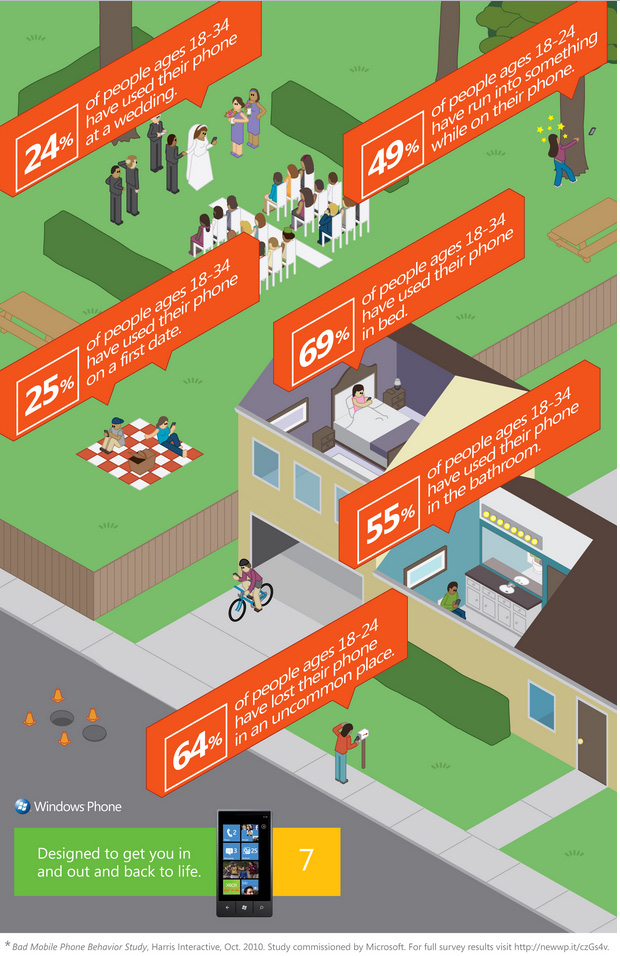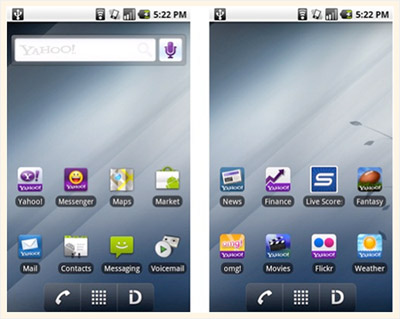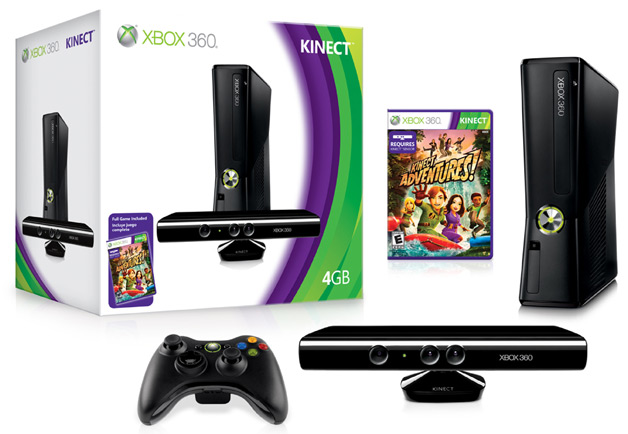As previously reported, the U.S. Department of Justice has moved to block AT&T’s proposed acquisition of T-Mobile USA. They have filed an antitrust suit with this cause.
T-Mobile USA CEO and President Philipp Humm reportedly sent out an email to employees addressing the DoJ’s move. This is My Next has shared the email with additional commentary. The email itself says:
Colleagues,
By now you have heard the news that the Department of Justice (DOJ) has filed a lawsuit to block the AT&T and T-Mobile merger in U.S. District Court. We were surprised by this sudden announcement, and DT will join AT&T in challenging the DOJ’s case in court.
DT and AT&T believe the DOJ has failed to acknowledge the significant consumer benefits of this deal. DT remains convinced that bringing together these two world-class businesses would create significant benefits for customers and the country.
While this action is addressed in Federal court, the best thing you can do is continue to focus on strengthening our business and offering world class customer service.
Customers have many reasons to choose T-Mobile—from the great value we offer, to compelling devices running on America’s largest 4G network and our leadership in customer service and satisfaction. Working as a team, we will continue to prove there’s no better time to be a T-Mobile customer.
Let’s build upon the positive momentum we’ve created in recent months. We have a great team here at T-Mobile, and I know you will join me in ensuring that, no matter what, ‘I Am T-Mobile Count on Me.’
I promise to make more information available to you in the coming days and weeks on OneVoice and through your leaders as this news develops.
Thank you for your ongoing commitment and support.
Regards,
Philipp Humm
CEO & President
T-Mobile USA
Sprint is applauding the DoJ’s move. The company released the following statement from Vonya B. McCann, senior vice president of Government Affairs for Sprint:
“The DOJ today delivered a decisive victory for consumers, competition and our country. By filing suit to block AT&T’s proposed takeover of T-Mobile, the DOJ has put consumers’ interests first. Sprint applauds the DOJ for conducting a careful and thorough review and for reaching a just decision – one which will ensure that consumers continue to reap the benefits of a competitive U.S. wireless industry. Contrary to AT&T’s assertions, today’s action will preserve American jobs, strengthen the American economy, and encourage innovation.”







 Michael Abbott has been named as Chief Executive Officer of Isis. Formerly with GE Capital, Abbott is a veteran financial services executive with experience in the payment and technology industries.
Michael Abbott has been named as Chief Executive Officer of Isis. Formerly with GE Capital, Abbott is a veteran financial services executive with experience in the payment and technology industries. 
 And making this an even more solid victory for Google is the fact that the search giant already has a deal in place regarding Deutsche Telekom’s fixed-line business.
And making this an even more solid victory for Google is the fact that the search giant already has a deal in place regarding Deutsche Telekom’s fixed-line business.

 “Given that the costs to deliver text are miniscule, T-Mobile already makes profits from what they charge their customers, aggregators, and publishers. There, T-mobile is “triple dipping.” We don’t see any reason for this, other than greed.
“Given that the costs to deliver text are miniscule, T-Mobile already makes profits from what they charge their customers, aggregators, and publishers. There, T-mobile is “triple dipping.” We don’t see any reason for this, other than greed. "Walmart is known for great value and we’re pleased to offer our robust network of nationwide coverage for Walmart Family Mobile," said Jim Alling, Chief Operations Officer, T-Mobile USA. "This new service is an innovative approach, offering post-paid customers a low-cost alternative for unlimited voice, messaging, web and inexpensive international calling."
"Walmart is known for great value and we’re pleased to offer our robust network of nationwide coverage for Walmart Family Mobile," said Jim Alling, Chief Operations Officer, T-Mobile USA. "This new service is an innovative approach, offering post-paid customers a low-cost alternative for unlimited voice, messaging, web and inexpensive international calling." – Dedicated Quick Keys for one-touch access to Google shortcuts and apps
– Dedicated Quick Keys for one-touch access to Google shortcuts and apps
 Even if the mobile carriers are successful in their venture, it will be a long time before the credit card is truly replaced. Smartphone usage is growing, but these devices are a long way off from being in everybody’s hands.
Even if the mobile carriers are successful in their venture, it will be a long time before the credit card is truly replaced. Smartphone usage is growing, but these devices are a long way off from being in everybody’s hands.